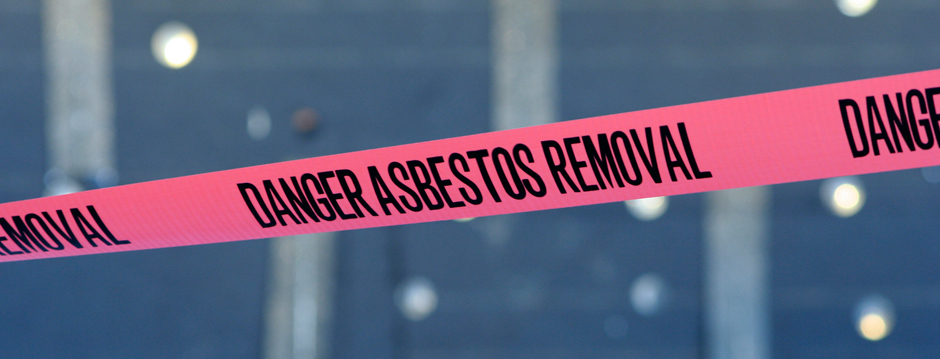
The duty to manage asbestos
It is often the duty of the owner of a building to manage asbestos risks which could be present.
Anyone working in the building industry should be aware of asbestos and the dangers associated with it. When it comes to controlling projects, details of the duty to manage asbestos are included in the Control of Asbestos Regulations 2006.
It is up to those who have a duty to protect people working in construction settings to also be responsible for managing the risk of asbestos. This includes assessing whether it is a possible danger, managing its presence and disposal, and ensuring all workers are protected in case of exposure.
Dutyholders must hire an asbestos surveyor to analyse a site before any work is carried out. Sites built pre-2000 are at the highest risk of asbestos, but all sites should be analysed for risks across the board before work begins.
The dutyholder has a responsibility to:
- find out if there are materials containing asbestos
- if so, its amount, where it is and what condition it is in
- presume materials contain asbestos unless checks have been made
- keep a record of where asbestos is found
- assess the risk of anyone being exposed to fibres
- prepare a plan of risk management
- periodically review and keep up-to-date the plan and the arrangements
- inform anyone on-site of the risks
Everyone on site must comply with all regulations, to allow the dutyholder to carry out their official role.
Who is responsible for asbestos in a private home?
If you are a property developer, or have bought your own home and are carrying out renovations, it is the responsibility of the owner of the property to manage the premises. However, with tenancy agreements for multi-occupancy buildings in place, tenants may be responsible for alterations, repairs and maintenance.
In unoccupied premises, it is the person in control of the premises (commonly, again, the owner). When a managing agent is used, it is still the responsibility of the owner to manage risks.
Therefore, owners of all buildings and private homes should have their properties analysed for the risk of asbestos ASAP.
What happens if asbestos is not dealt with properly?
Demolition and construction firms are frequently fined for carrying out work on a building containing asbestos without the proper safety measures in place, resulting in court appearances and charges of up to several thousands of pounds.
Any companies with repair or maintenance responsibilities on non-domestic premises - whether it is because they own them or have a contract or tenancy agreement - have a responsibility for asbestos management.
- 2024
- 2023
- December 2023 (13)
- November 2023 (10)
- October 2023 (6)
- September 2023 (10)
- August 2023 (20)
- July 2023 (21)
- June 2023 (17)
- May 2023 (17)
- April 2023 (17)
- March 2023 (14)
- February 2023 (15)
- January 2023 (7)
- 2022
- December 2022 (6)
- November 2022 (12)
- October 2022 (24)
- September 2022 (14)
- August 2022 (12)
- July 2022 (15)
- June 2022 (18)
- May 2022 (14)
- April 2022 (9)
- March 2022 (5)
- February 2022 (5)
- January 2022 (2)
- 2021
- December 2021 (7)
- November 2021 (10)
- October 2021 (1)
- September 2021 (1)
- August 2021 (3)
- July 2021 (3)
- June 2021 (4)
- May 2021 (1)
- April 2021 (1)
- March 2021 (2)
- February 2021 (1)
- January 2021 (1)
- 2020
- 2019
- 2017
- 2016
- 2014
- 2013
- 2012
- 2011


